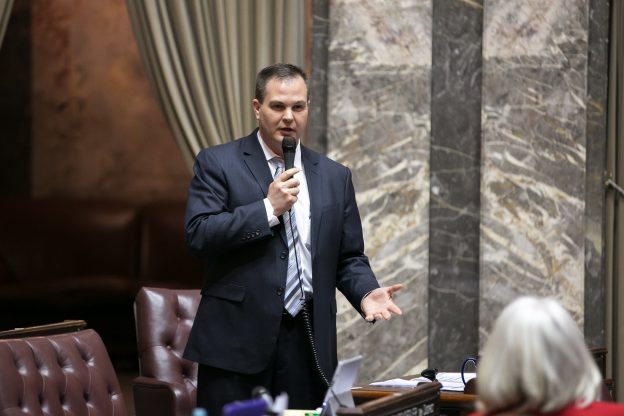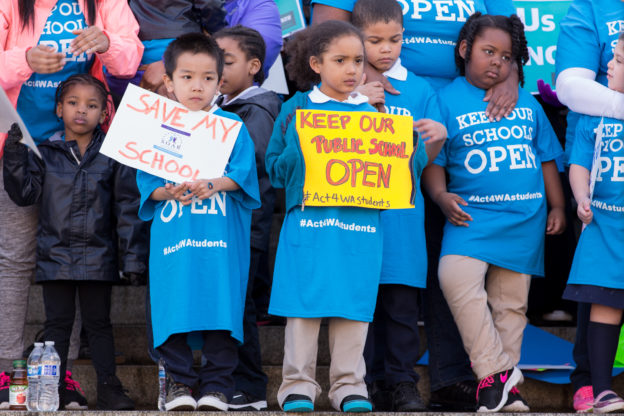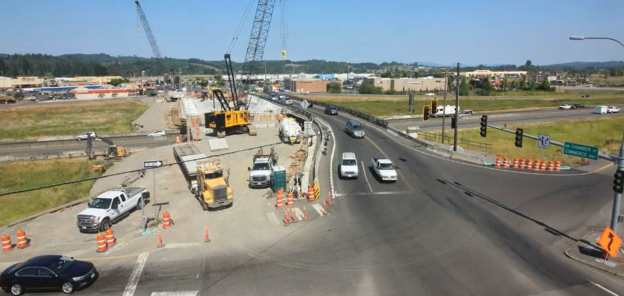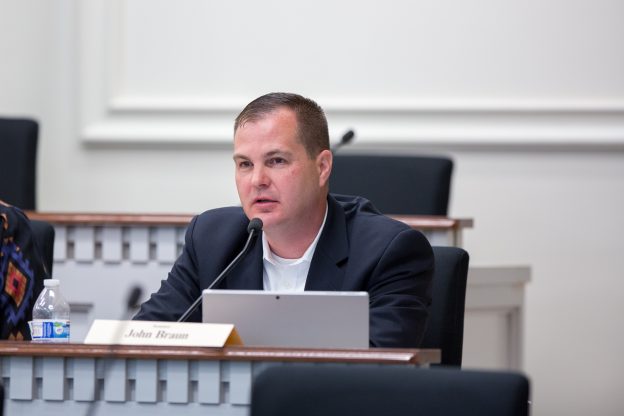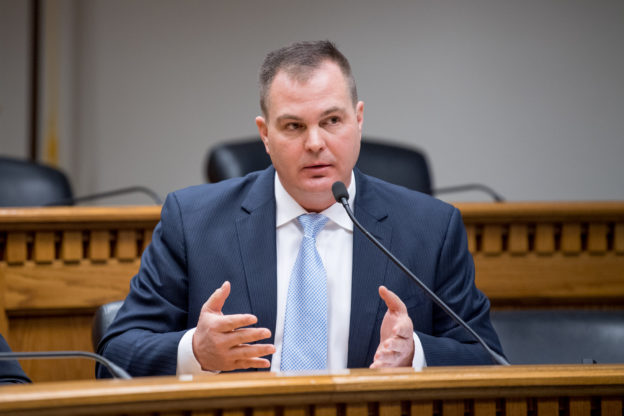While the Washington Citizens’ Commission on Salaries for Elected Officials solicits public feedback on its proposal to increase state legislator pay, Sen. John Braun sent the panel a letter on Monday urging reconsideration of a nearly 18 percent raise before a final vote. The commission is tasked with determining the pay rates for statewide elected officials, state legislators and some judges. Braun said there are “simply many greater and higher uses for taxpayer dollars than the proposed substantial raise for elected officials.”
The salary-setting panel was created in 1986 to take politicians out of the role of setting their own pay. The commission released a two-year salary proposal in October and has since been holding public hearings throughout the state to solicit feedback before a final vote in February.
“It’s important that the pay for state legislators is enough to attract people from all walks of life, but the level of increase is way out of line with what private-sector workers receive,” said Braun, R-Centralia, who serves as the ranking Republican on the Senate Ways and Means Committee. “The proposal adds short- and long-term costs at a time when taxpayers expect us to invest in our priorities like mental health treatment and serving people with developmental disabilities.”
The commission is considering an 8.8 percent raise for state legislators in 2019 followed by another increase by the same amount in 2020. That translates to an increase in lawmaker salaries from $48,731 in 2018 to $57,425 by 2020.
“Data used by the commission to develop the pay increase proposal already shows that Washington’s pay for legislators ranks near the top for states with comparable roles and responsibilities,” said Braun. “While the job of being a state legislator requires a significant amount of work, it is still a part-time job. The current proposal would make part-time state legislator salaries not all that much lower than the state’s median wage for full-time workers.”
Braun hopes his letter will be reviewed by the panel at today’s meeting of the salary commission in Silverdale, before a final vote that is currently scheduled to take place on Feb. 4 in Olympia.











